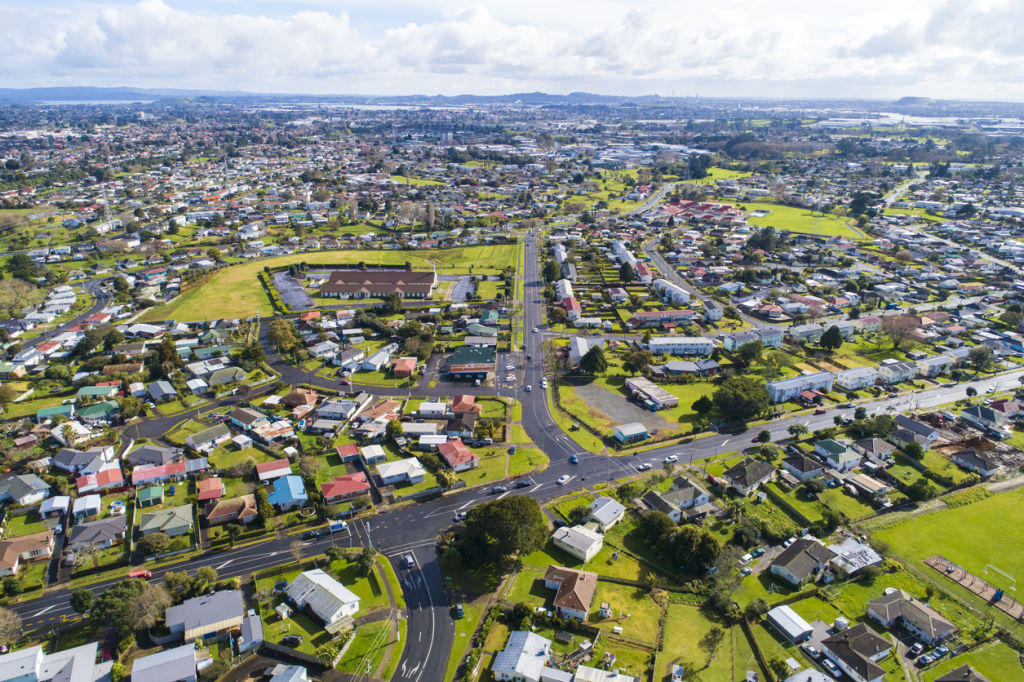The NZ first-home buyer incentive that inspired the Coalition's $500m pledge

The Coalition’s proposed first-home loan deposit scheme may have made headlines when it was announced on Sunday, but in New Zealand, it’s old news.
Announced by Prime Minister Scott Morrison as a boost for young Australians faced with years of saving for a deposit, his proposed $500 million scheme would see eligible first-home buyers with at least a 5 per cent deposit qualify for a loan because the government would underwrite – in effect, guarantee – any shortfall in the 20 per cent deposits on home loans.
It is expected to cut the time taken to save for a deposit by at least half and, moreover, save the first-home buyer around $10,000 by not having to pay mortgage insurance to lenders.
The government has modelled the scheme on a program in New Zealand. Across the Tasman, first-home buyers have had their deposit shortfalls taken care of by a scheme called the Welcome Home Loan since 2003.
Like the proposed Australian version, any shortfall is underwritten by the government; however, the first-home buyers must have a deposit of at least 10 per cent.
Offered only through selected lenders — not every bank — the outstanding deposit amount is underwritten by Housing New Zealand and removes the cost of paying lenders mortgage insurance.
The New Zealand scheme also has income thresholds, but they’re considerably less than those proposed in Australia — for singles it’s an income of less than $NZ85,000 ($A80,221) a year (before tax), and for couples it’s a combined income of less than $130,000 ($A122,692) to qualify.
The government has targeted Australian first-home buyers earning up to $125,000 gross income annually or $200,000 for couples.
The New Zealand model also has a regional price cap, where the price of the property must not exceed a limit that is set depending on its location.
Similarly, the value of homes that can be purchased under the Australian scheme will be determined on a regional basis, reflecting the different property markets.

Westpac NZ senior economist Michael Gordon said while the schemes sounded quite similar, the income thresholds were a significant difference.
“The maximum incomes a first-home buyer can earn here are a lot lower than what the Australian government is looking at it,” he said. “So that could affect the impact that it has.”
Mr Gordon said the New Zealand scheme had been successful but had not played an obvious role in driving up property prices locally.
Figures supplied to Domain by Housing New Zealand reported a take-up of 17,688 first-home buyers who have taken out a Welcome Home Loan since its inception 16 years ago.
“It’s a pretty tightly-focused scheme in New Zealand with much lower income thresholds, so as a result, it has not had a visible impact on the housing market as a whole,” Mr Gordon said. “At the margin, it certainly would have made a difference to some households who otherwise would have to take a lot longer to save for a deposit, but overall, its impact has been limited.”
Recent media reports revealed figures showing the popularity of the New Zealand scheme had declined in the past couple of years, but Kiwi property commentator Ashley Church said that was more to do with market conditions, rather than the scheme itself.
“I’d say the reason it hasn’t had an impact is because of where we are in the property cycle, and it’s pretty flat here now,” he said. “The question is whether it will pick up again when the market picks up, as it predictably will in another three or four years – but we won’t know until that happens.”

Mr Church said there had been a long-held perception that first-home buyers were still closed out of the market in New Zealand, particularly in Auckland, where house prices boomed to record levels.
But a recently released report by a local data company showed that, outside of Auckland, first-home buyers had been the largest buyer group in the country since 2013.
“It really shocked people, and it dispelled this myth that first-home buyers aren’t in our market,” he said. “So it may be that this scheme has actually had an impact, that it has been a contributing factor and more than we realised.
“It hasn’t actually been a widely publicised scheme in New Zealand, and not all the big banks supply it, so it’s tough to qualify how much of an impact it’s had on our market.”
On Monday, economists in Australia were quick to warn of the potential pitfalls the proposed First Home Loan Deposit Scheme could pose.
While the scheme would enable first-home buyers to get onto the property ladder faster, there were concerns it would encourage them to take on more debt and drive up prices — ultimately making it more expensive — at a time when the lending practices of banks have been under attack.
But Mr Church said that had not transpired in New Zealand because despite having their deposits guaranteed by Housing New Zealand, the first-home buyers still had to actually fulfil the criteria to get the loan in the first place.
“The underlying criteria is that they still have to qualify the same for the banks as they always did. That didn’t change,” he said.
“I would expect Australia would be the same in this case.”
BIS Oxford Economics head of property research Angie Zigomanis said although a 5 per cent deposit was a “fairly thin margin”, the scheme’s impact on property prices would all depend on how the banks responded to it.
“It all comes down to their lending practices. As long as the banks keep those same lending standards and practices they have now, the scheme won’t increase their capacity to borrow,” he said.
“The scheme is not providing first-home buyers with any more leverage in the way a grant or a stamp duty concession does.
“So if the banks aren’t going to open the purse string any more than what they do now, you won’t see prices driven up.”
We thought you might like
States
Capital Cities
Capital Cities - Rentals
Popular Areas
Allhomes
More







